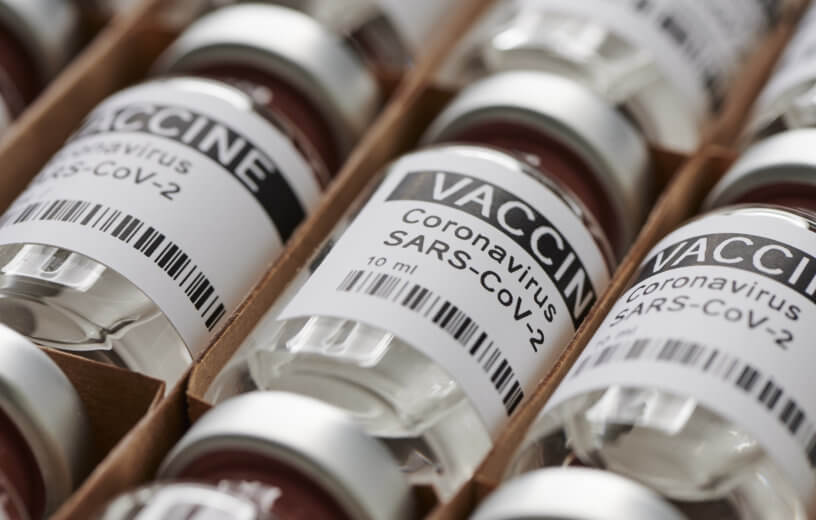WASHINGTON — While coronavirus vaccinations continue around the world, there are still stumbling blocks as more choices enter the market. Reports of side-effects from various COVID shots have even prompted countries to slow or pause their vaccine rollouts. In the case of the AstraZeneca injections, a new report is warning European countries against pausing use of the drug. Researchers say even a brief stoppage over possible side-effects could cost more lives than it saves.
Doctors suspect the AstraZeneca COVID-19 vaccine may be the cause of a small number of deep vein thrombosis cases. The condition refers to a blood clot in a deep vein, typically in a patient’s leg. Researchers say new cases recently emerged around Europe after millions of residents received the vaccine. While officials investigate the actual cause, some nations are taking the cautious step of totally suspending AstraZeneca injections.
Despite the possible connection to DVT, study authors find even pausing COVID vaccinations for a short time risks more deaths and more infections for people still waiting for their shot. The team used an epidemiological susceptible-exposed-infected-recovered (SEIR) model to project what suspending the AstraZeneca vaccine will do in France and Italy.
“Despite its simplicity, the model is able to propagate uncertainties via adding interactivity as a source of randomness within the data,” says Davide Faranda from Laboratoire des Sciences du Climat et de l’Environnement and the London Mathematical Laboratory in a media release. “It mimics our ignorance of the exact parameters of the model due to testing capacities and evolving political and medical protocols.”
The rewards outweigh the risks
During their review, the scientists compared the estimates for excess deaths from stopping use of the AstraZeneca vaccine to excess deaths resulting from possible side-effects of taking the drug. Since there are still questions about what side-effects COVID vaccines cause, researchers factored in a “worst-case scenario” to their calculations.
“Our work shows suspending AstraZeneca vaccinations in France and Italy for three days without replacing it with another vaccine led to about 260 and 130 additional deaths, respectively,” Faranda reports. “The difference between the two countries’ number of deaths is due to their different epidemiological situations and, in particular, to the higher basic reproduction number R0 measured in Italy with respect to France on March 15, 2021.”
The group then examined what would happen if countries resume using AstraZeneca. However, those figures also doubled the rate of vaccinations to make up for the exact number of days lost to pausing the rollout.
“Excess deaths are still on the same order of magnitude as those observed by resuming vaccinations at the same rate as before the interruption but scaled down by a factor of two,” Faranda notes.
The researcher adds this shows how devastating pausing a vaccine rollout can be; those who are still unvaccinated are capable of contaminating others before the vaccines start up again — prolonging the pandemic.
Doubling down on COVID vaccines
Results also show even when countries resume using AstraZeneca shots, the interruption is already making it hard to regain the lost momentum. The projections show it will require countries to double their vaccine deployment efforts.
“We hope our results will be the starting point for more detailed, more advanced, and more mature investigations with sophisticated models and data collection exercises,” Faranda concludes.
In the United Kingdom, there have only been reports of seven DVT deaths during the country’s 18 million vaccinations. While any loss of life is a tragedy, researchers say the reports reinforce their calculations warning against stopping vaccinations completely.
The study appears in the journal Chaos: An Interdisciplinary Journal of Nonlinear Science.
